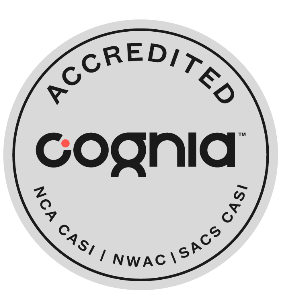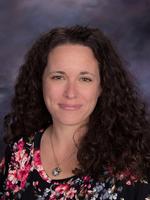Time spent working with students who live in and around the Navajo Nation’s Monument Valley opened David Shirley’s eyes to the unique and special culture of American Indian students and their families. He draws on this understanding while working on Title VII programs and services in Canyons District, where he’s a counselor on special assignment in the Office of Student Advocacy and Access.
“It’s been since then, of going to the reservation, that I started to work with American Indian students in a different fashion,” he says. “I think it gave me a greater understanding of the cultural background and belief systems.”
Shirley’s dedication to the college- and career-readiness of American Indian students in Canyons District is chief among the reasons he was given a Human Rights Award from the Utah School Counselors Association. The award, in the School Counselor category, was announced Friday, Nov. 15, 2013 at the association’s fall conference, held at Salt Lake Community College’s Miller Campus.
Shirley says he’s especially enjoyed being a part of the success of the District’s Academic Collaboration of American Indian Students after-school program, now in its second year. The aim is to provide opportunities for American Indian students to gather, associate and receive guidance related to college- and career-readiness.
Students in the program are asked to attend eight evening workshops. The workshops, to which parents are invited, vary in topic from how to submit college applications to community leadership. Scholarships funded by American Indian community partners are available for students who complete all eight sessions. “The best part of this is that it’s bringing in American Indian parents,” Shirley says. “Parents are becoming involved in the program. There’s a lot of dedication on the part of the students and the parents.”
Shirley’s duties at the District also include working with the refugee population and assisting at CSD’s four schools that have received a Title I designation because of challenging socio-economic factors. “It was an honor” to receive the award, he said. “It was really more of an honor to be recognized among the other recipients … To be honored among that caliber of people, that was the best part.”





